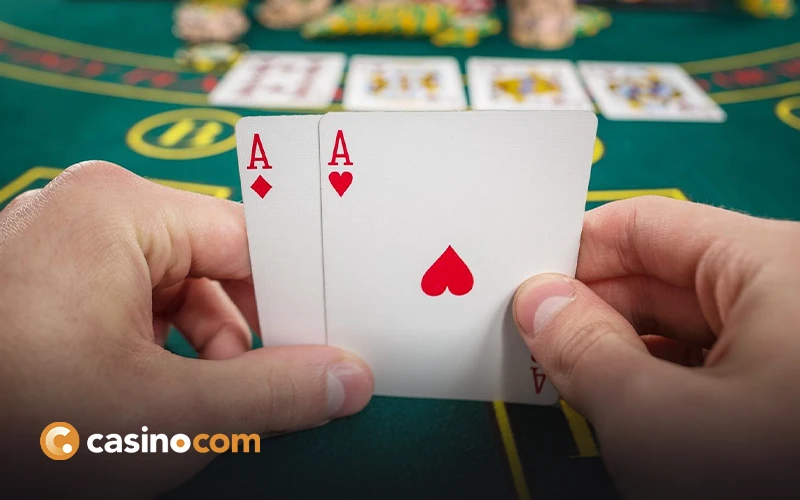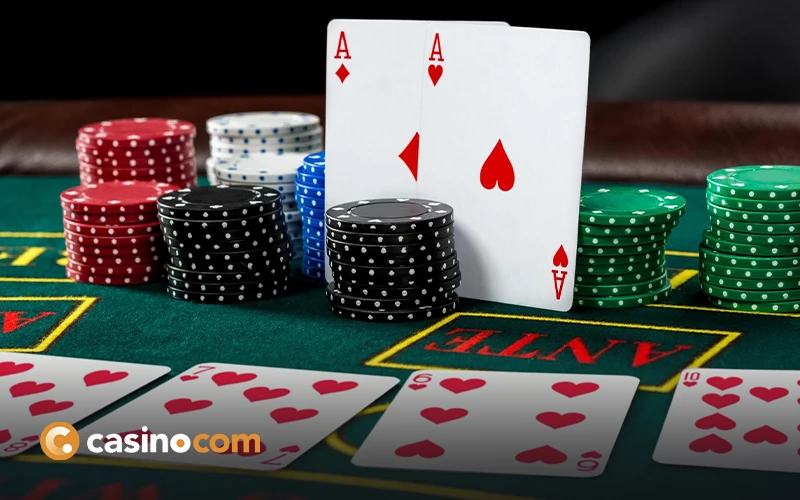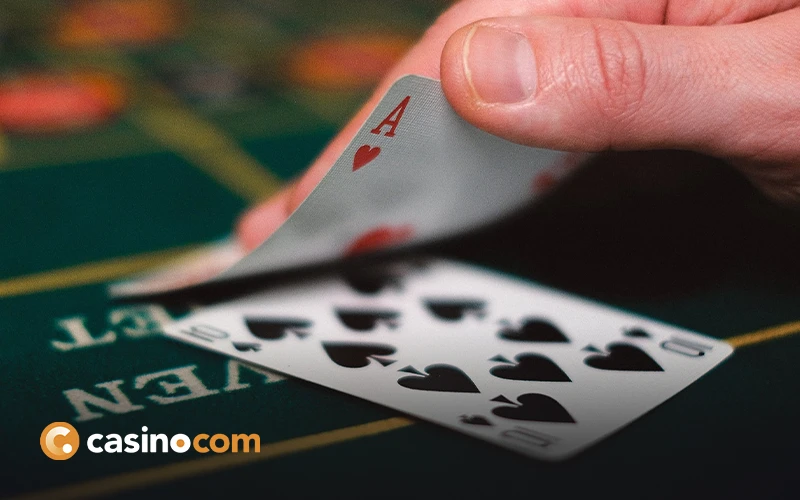Online poker has been quite popular for the better part of the last two decades. Millions of players have tried their hand at the game, particularly at Texas Hold ‘Em. Winning is a lot harder than it looks, especially if you go into it with no plan. Many of the most famous gamblers in history were poker players.
While there are no guarantees when it comes to winning, a little help goes a long way. We have a poker guide for you that will help bring out the best player in you as well as this poker cheat sheet. Check out this article to learn a few helpful tips, basic positioning, and more.
Betting in Texas Hold ‘Em
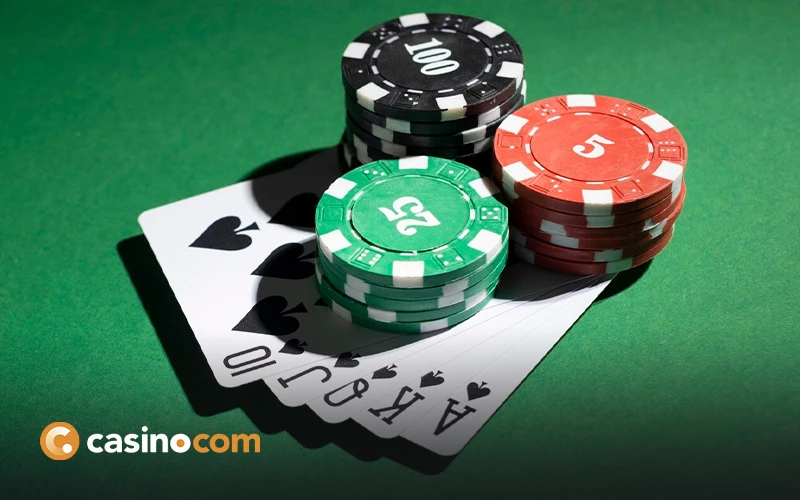
Though there are other variations to choose from, the most popular form of poker is Texas Hold ‘Em (the Cadillac of Poker, according to the legendary Doyle Brunson). Before we get into other tips and strategies, knowing the basics of betting in Texas Hold ‘Em is a great place to start.
Pre-Flop
This is where things begin. Everyone is dealt a pair of cards face down. To the immediate left of the dealer, two players pay the blind – a small blind and a big blind. Increments escalate in tournaments to help pair down the players.
After the hand begins, the player immediately after the big blind acts. They can call the blind, fold, or raise. Each player has the same opportunity as the action moves clockwise around the table. If there has been no raise, the small blind can choose to match the other half of the blind. Things continue until everyone has had a chance to act.
The Flop
When the action has settled, the dealer places one card face down – a “burn” card – before flipping three cards face up. This is the flop. After these community cards have been dealt, it is time for another round of betting.
The player closest to the left of the dealer begins the betting. They can fold, make a bet, or “check”, which entails a non-action, essentially. If only one player remains, the hand is over, and that player wins the pot. So long as there are at least two players remaining in the hand, things progress to the next stage.
The Turn
Also known as “fourth street,” the Turn is when the fourth card in the community hand is dealt. Like the flop, there is a “burn” card dealt first. The action is the same as it was after the flop. Betting progresses around the table and if two or more players remain, things go to the final stage: the river.
The River
The fifth and final community card is called “The River.” Another “burn” card is dealt face down before the fifth community card is dealt face up. Another round of betting follows in the exact same way as it did pre-flop, after the flop, and after the river.
If two or more players remain after betting has concluded, players show their cards. The goal is to make the best five-card hand. If players have the same hand – let’s say three Kings – then a kicker comes into play. The kicker is typically the next highest card in the hand. Example: Player A has a hand of K-K-K-J-10 while Player B has a hand of K-K-K-Q-3. Player B would win the pot because the Queen kicker is higher than Player A’s Jack kicker.
Manage Your Bankroll
Whether playing online casino games like blackjack, online poker, or partaking in sports betting, bankroll management is critical. A couple of tips can help you make the most of your money rather than simply depositing over and over again.
If you’re playing online your bankroll will just be numbers on a screen but if you’re at an in-person casino, you will be using physical casino chips.
Choose Wisely
Don’t just sit down at any table. If you can’t find a fish at your table within the first couple of minutes, change tables. You won’t win if you are one of the worst players at the table consistently.
Bonuses are Your Friend
Promotions and bonuses can give you a bit of a boost before you even start. There are a ton of options to choose from, so find a bonus that works for you. The same goes for freeroll tournaments; there is no telling which free play option can turn beneficial.
Keep Track
Keep a daily record of your wins and losses. It’s good to see where your bankroll is at any given time, where you had a tough time, etc. More information is never a bad thing to have at your disposal.
Take Your Time
The biggest mistake players make is trying to score that big win immediately. You might win a tournament here and there but focus on making small gains on a consistent basis. The tortoise will win when it comes to building a poker bankroll.
Tips to Improve Your Poker Game
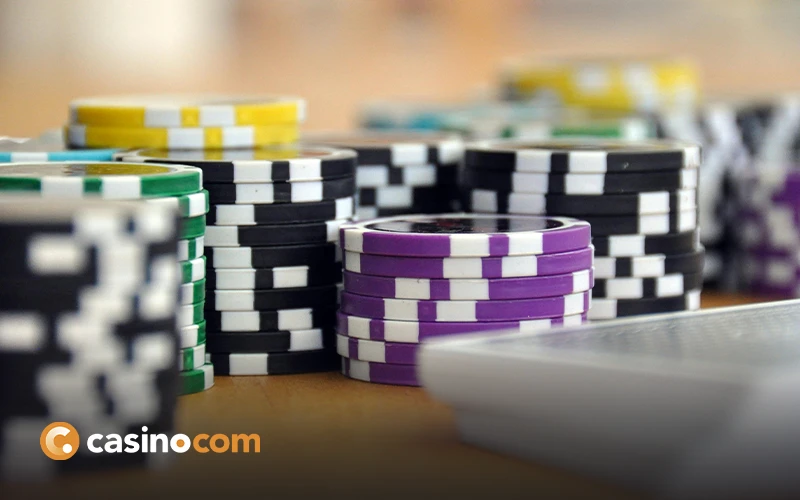
One of the keys to winning at online poker is having a strategy and sticking to it. It can be tough to make it through the down times, but these strategies will help make you a better player at the end of the day.
Be Careful when Limping
Limping into the pot puts you in a naturally weak position, especially when games are short-handed. If your hand is worth opening the betting with, then it is worth raising with. That aggressiveness will pay off in the long run.
Position is Important
Where you are in the draw is critical. When you are in the early positions, keep things tighter. As you move closer to the button, start to open things up a bit. Keeping things mixed up is key, though. The great players can read these patterns quickly.
Go After the Blinds
If you have position at the button or the cutoff and there aren’t any others around, attack the blinds. There is a strong chance that the blinds have a weak hand and aren’t going to want to invest in the hand any further.
Stay Tight in the Blinds
For the most part, you are going to lose money on the blinds. Those losses are inevitable, but they can be much worse if you get too loose. Don’t be afraid to fold a bad hand from the small blind spot if need be.
Know the Positions
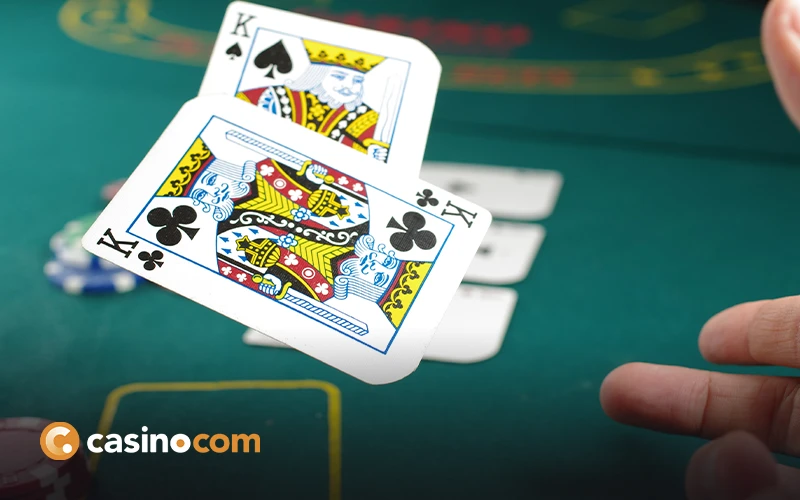
The great thing about positioning in poker is that they are largely the same across several variations – Stud, Omaha, Hold ‘Em, etc. – so learning about them is essential to improving your poker game. Let’s quickly break down the different positions in poker.
Dealer. Even if they are not actually the dealer, the button indicates which player is in the dealer position. They are the last to act before the blinds.
Small Blind. Immediately to the left of the dealer. The small blind is half of the big blind and is the second-to-last to act in a given hand.
Big Blind. Immediately to the left of the small blind. The big blind is automatically in on the hand unless there is a raise. The last position to act if there are no raises pre-flop.
Under the Gun. The position to act first after all the cards have been dealt pre-flop. The term was coined to describe that this player is the first to make a decision following the flop.
Early Position. The two players immediately following the aforementioned “Under the Gun” player.
Middle Position. The two seats following the early position players.
Cutoff. The last player to act prior to the dealer; this player is to the immediate right of the dealer.
Playing the Positions
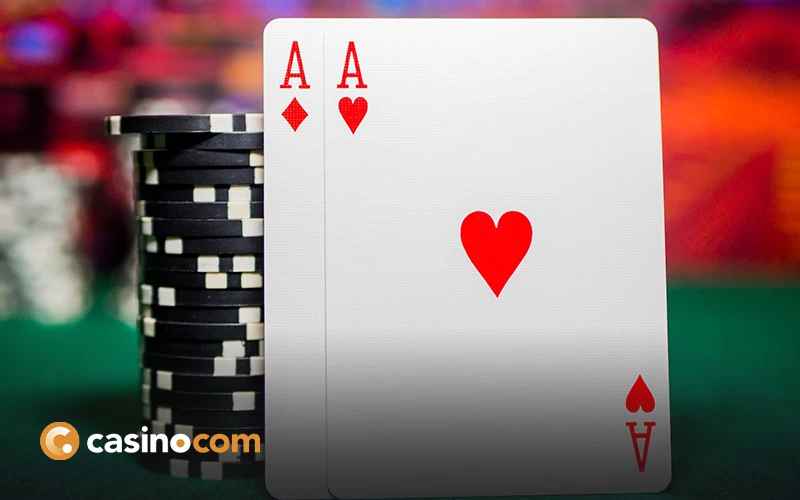
Though there is no surefire means of winning the hand, knowing how to play in each of the positions can be a great place to start. There is a common strategy for each position, and it can help players garner a better understanding of how each position plays a role in the development of the hand.
Dealer Button
The button is a powerful position to be in because it is the last to act before the blinds. If hands fold around to this position, a raise is a power move. With only the blinds to call, it limits the chances of being up against a better hand. Calling with a wider range of hands is fine here as well since you have more information to work with.
The Blinds
Most of your losses are going to come in the blinds. You are pot committed either fully or partially regardless of your hand. Look for premium hands or draws out of the blinds; fold everything else.
Under the Gun
Stay tight when under the gun. With so many players left to act, there are too many variables to consider. Premium hands are ideal here but even a call is susceptible to losses because there are many chances to raise yet to come.
Early Position
Though it is ideal to keep it tight here, you can start to loosen up a bit. Watch the players around you. If those to your left are a bit more aggressive, keep it tight to avoid getting into an all-or-nothing hand. If there has been a raise from the UTG position, it’s probably a good indication that the hand is strong.
Middle Position
This is where you can start to gain a bit of freedom. If the action has folded to you, suited connectors and small pairs are fine to act with. As is the case with early position, keep an eye on the players to your left. If they tend to be more aggressive, you may need to be more sparing with your choices.
Cutoff
Like the dealer, the cutoff is a powerful position to be in. There are few players left to act and the blinds are out of position. You can open with a raise here with any number of hands. If the button and blinds show a penchant for raising or re-raising, keep that in mind. Still, the cutoff is a great chance to win uncontested pots since it will typically result in only the blinds left to call.
FAQ
How many kinds of poker are there?
There are too many to list in one place, but they get to be fairly niche before long. Texas Hold ‘Em is the single most popular form of poker. There is also Omaha, five-card draw, seven-card stud, Chinese poker, Razz, Badugi, Short Deck, and others.
What are blinds?
In poker, the two positions immediately to the left of the dealer are known as the blinds. In addition to any antes, the blinds require those two positions to automatically put a certain amount of money into the pot. In tournament play, the blinds will increase over time.
Do positions matter in poker?
Each position at the table has its own strategy. Learning the positions, the value they provide, and how they coincide with your hand is part of learning the game.
What is the World Series of Poker?
The World Series of Poker is a congregation of the top poker players in the world each year. There are several events each year and the winner claims not only the top prize but a championship bracelet as well. Texas Hold ‘Em is the “Main Event” of the World Series, often having a multi-million dollar prize. It’s held in Nevada.

